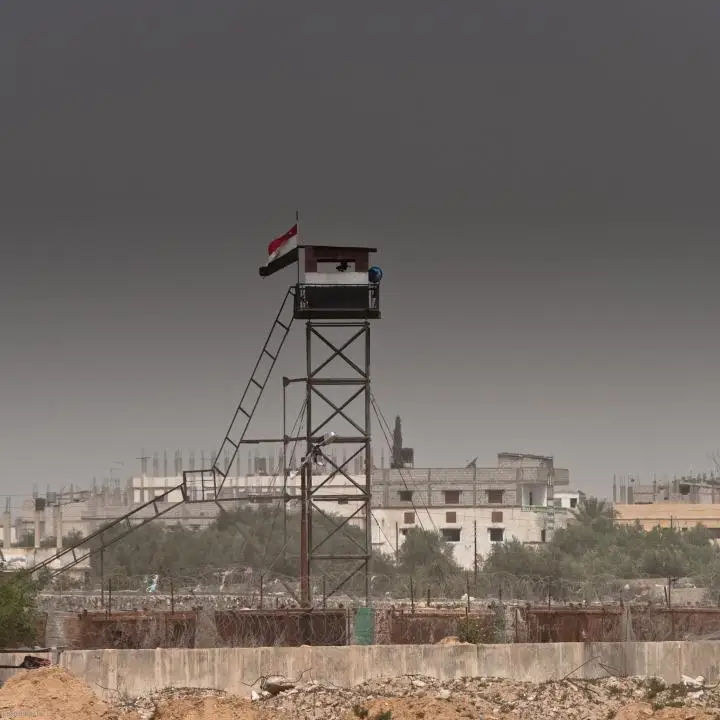An Israeli ground operation in Rafah could bring Israeli forces directly to Egypt’s border for the first time since 1973 — a scenario Cairo views with deep concern. Beyond the immediate military risks, Mohamed Farid and Mohamed Maher warn of two serious long-term consequences: renewed disputes over the Philadelphi Corridor and a sharp rise in public support for Hamas within Egypt. The authors argue that while Cairo remains committed to mediation and humanitarian efforts in Gaza, any Israeli move that appears to threaten Egypt’s sovereignty, humanitarian responsibilities, or the stability of its border could strain the peace treaty and fuel regional instability.
Key Points
- Rafah as a Potential Flashpoint
- Rafah sits directly on the Egypt–Gaza border, making Israeli operations there highly sensitive.
- Egypt has reinforced its northeastern Sinai border with tanks and armored personnel carriers.
- A single miscalculation — as in October 2023, when an Israeli tank accidentally hit an Egyptian border post — could trigger a major crisis.
- Cairo has reportedly warned Israel that a ground invasion of Rafah could jeopardize the Camp David peace treaty.
- The Philadelphi Corridor Dispute
- The Philadelphi Corridor — a 14 km border strip — was under Israeli control until 2005, then transferred to Palestinian Authority oversight under a security arrangement with Egypt.
- Israel’s potential reoccupation could:
○ Seal off Gaza entirely from the outside world.
○ Block humanitarian aid and medical evacuations through Rafah.
○ Worsen conditions for hundreds of thousands of displaced Palestinians at the border.
- Rising Radicalization Risks
- A Washington Institute poll shows 75% of Egyptians now view Hamas positively — a sharp reversal from past attitudes.
- Israeli rhetoric from figures like Netanyahu, Ben-Gvir, and Smotrich fuels anger in Egypt.
- Cairo fears displacement of Palestinians to Sinai, seen as a “liquidation” of the Palestinian cause.
- There is a security concern that militants could infiltrate Sinai, revive extremist networks, and destabilize Egypt’s internal security.
- Egypt’s Position and Mediation Role
- Egypt insists on preventing displacement while providing humanitarian aid, potable water, and shelter inside Gaza.
- Cairo has mediated hostage releases and helped broker humanitarian truces.
- Officials emphasize that continued coordination is essential for aid delivery and eventual political reconstruction.
- Strategic Warning to Israel
- Prolonged civilian casualties strengthen Hamas’s narrative and recruitment potential.
- Ignoring Egypt’s concerns risks:
○ Destabilizing bilateral relations.
○ Weakening regional alliances.
○ Rekindling extremist threats across the region.
Core Values & Themes
- Preservation of peace through diplomacy and security coordination.
- Rejection of forced displacement as a solution.
- Balanced humanitarian responsibility with national security priorities.
- Long-term stability over short-term tactical gains.

